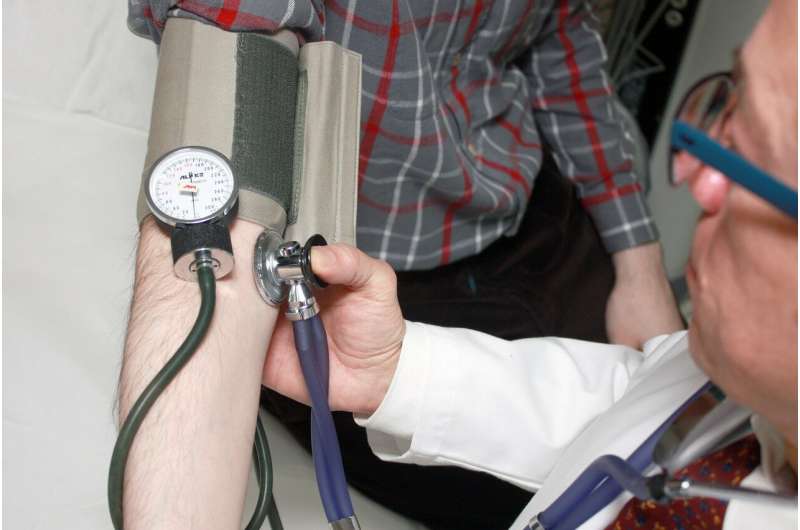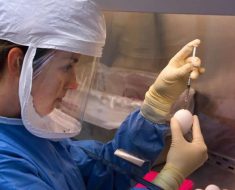
For patients with systemic lupus erythematosus (SLE) refractory to conventional treatment, belimumab after rituximab significantly reduces serum immunoglobulin (Ig)G anti-double stranded DNA (dsDNA) levels and the risk for severe flare, according to a study published online Oct. 26 in the Annals of Internal Medicine.
Muhammad Shipa, M.B.B.S., from University College London, and colleagues conducted a phase 2 randomized trial involving 52 patients with SLE that was refractory to conventional treatment and whose physicians had recommended rituximab therapy. Patients were treated with rituximab and then randomly assigned four to eight weeks later to receive intravenous belimumab or placebo for 52 weeks.
The researchers found that IgG anti-dsDNA antibody levels were lower in belimumab-treated patients at 52 weeks compared with placebo-treated patients (geometric mean, 47 versus 103 IU/mL; 70 percent greater reduction from baseline). The risk for severe flare was reduced significantly with belimumab versus placebo (hazard ratio, 0.27), with three and 10 severe flares in the belimumab and placebo groups, respectively. There was no increase seen in the incidence of serious adverse events in the belimumab group.
Source: Read Full Article





